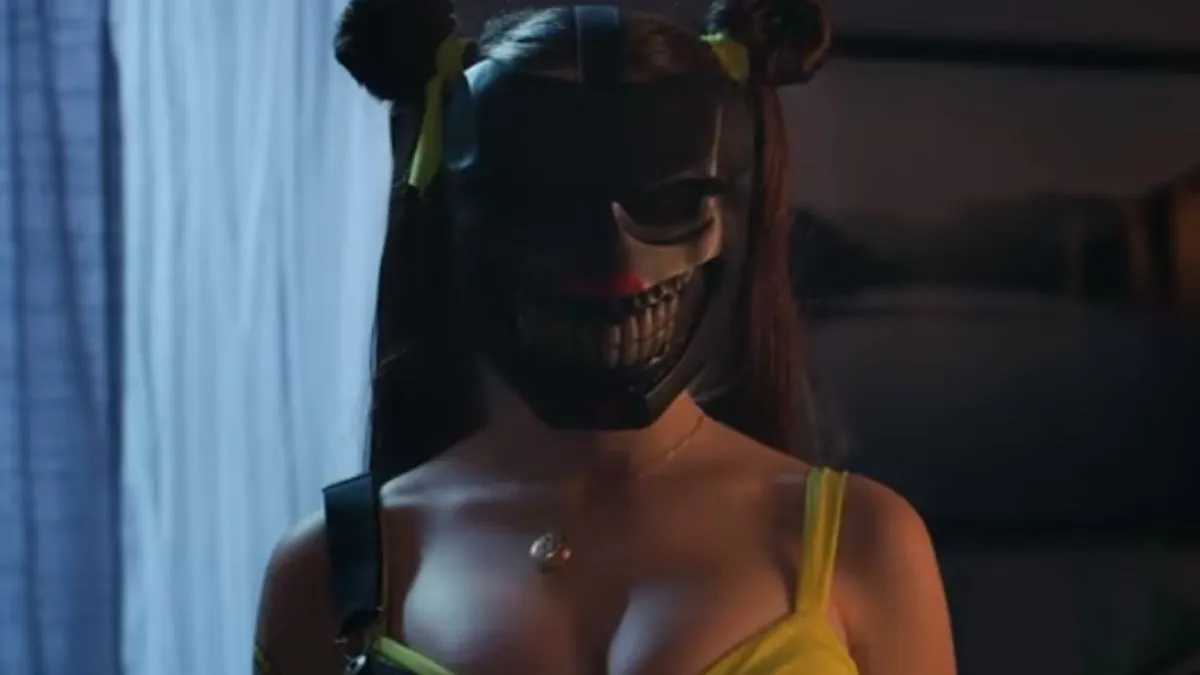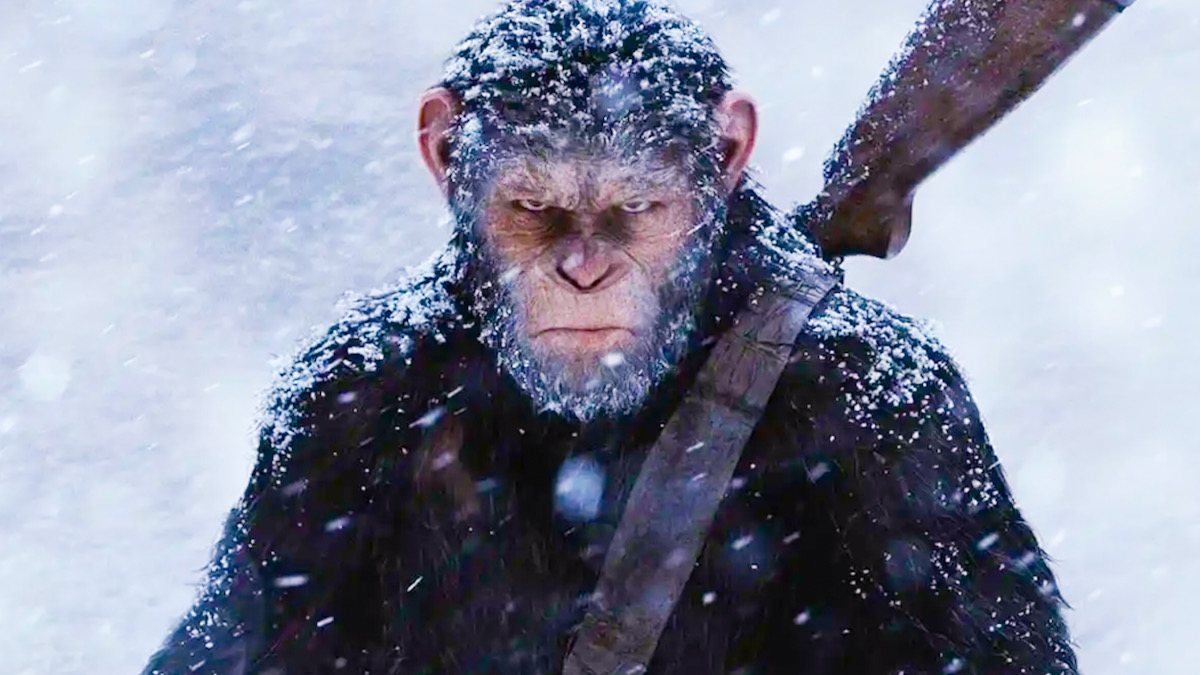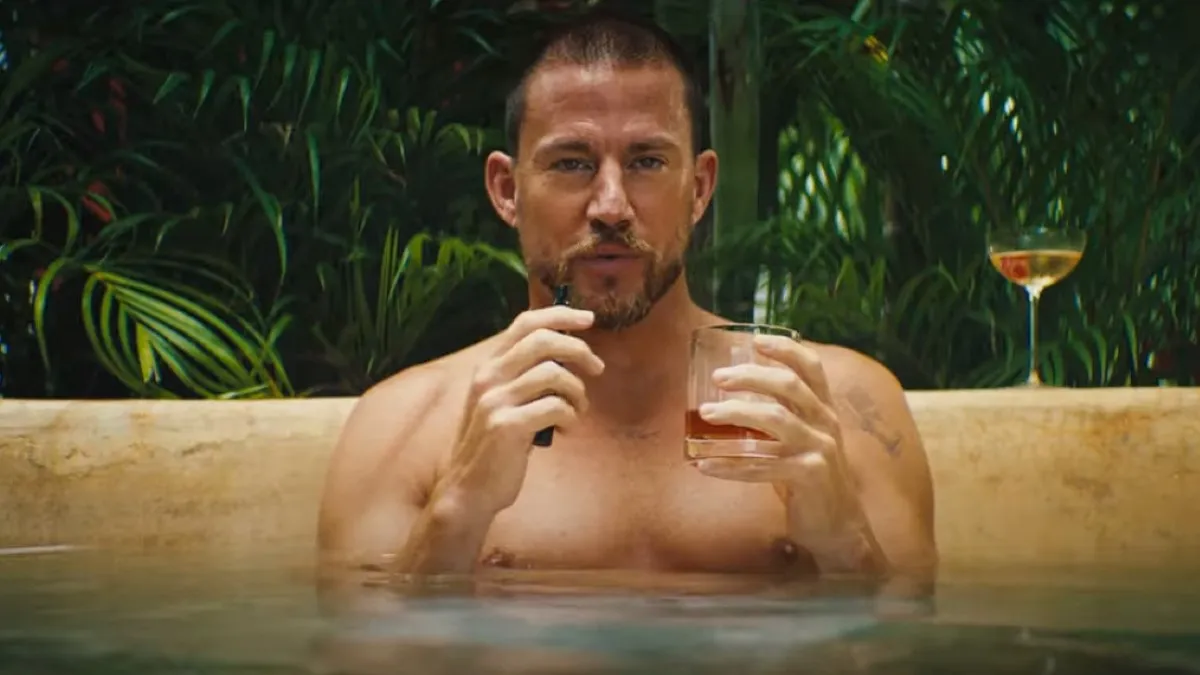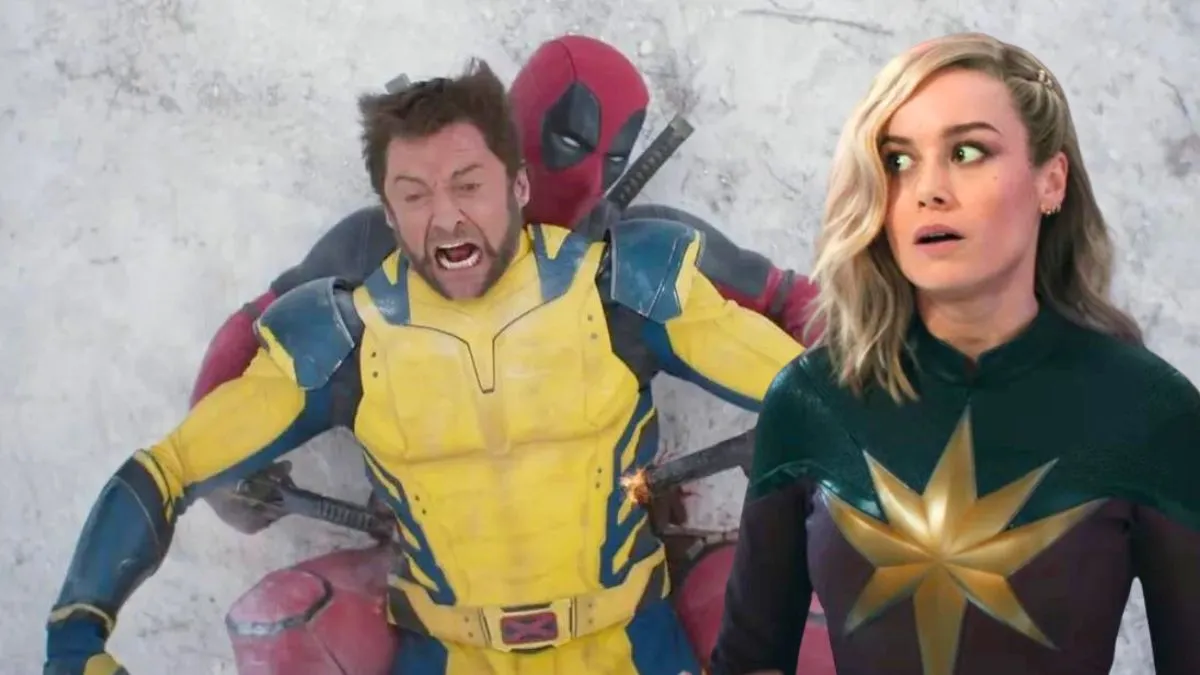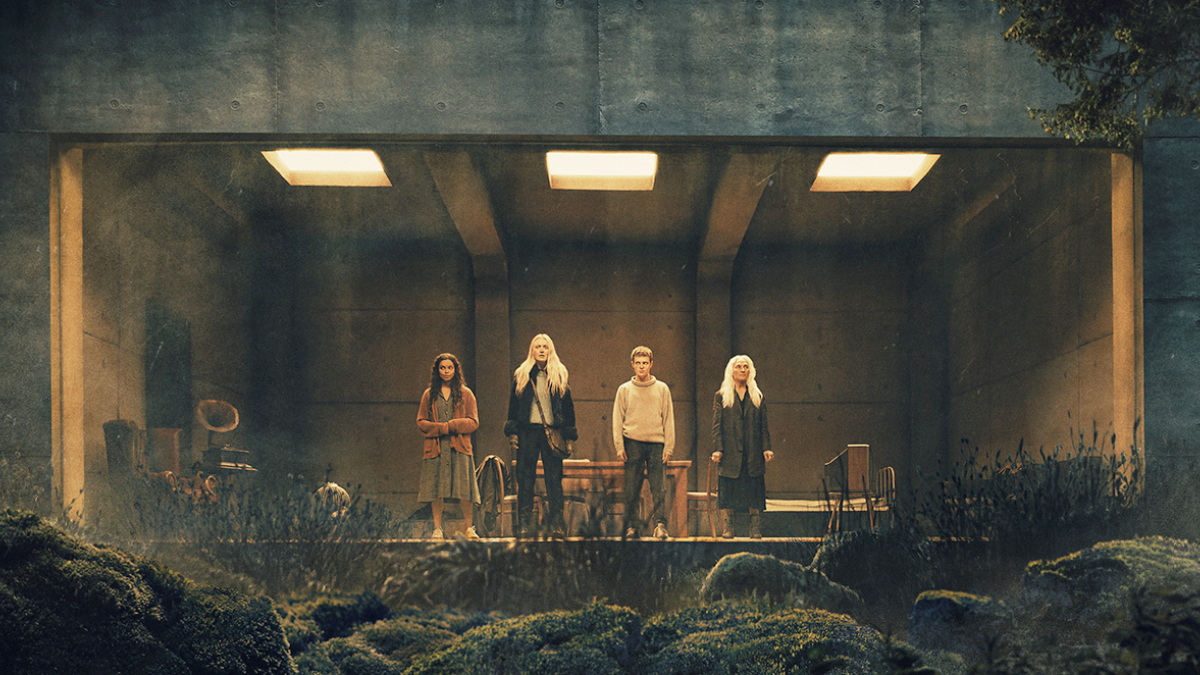
After a brief and creatively rewarding traverse into the world of heady genre films with the rather great Hanna, Joe Wright returns to the period drama, literary adaptations with which he made his name.
After tackling Jane Austen and Ian McEwan in Pride and Prejudice and Atonement, Wright now turns his head toward the towering Leo Tolstoy and his epic romance Anna Karenina.
The story concerns the titular Anna played by Keira Knightley in mid 19th Century Russia, who is in an obviously loveless marriage to Alexei Karenin, a highly respected public servant who is 20 years her senior. She seeks to break out of this loveless marriage by following the precedent of her womanising brother as well as following her heart. Eventually, she meets a young Count Vronsky and the two develop a wildly passionate love affair which threatens to force them to the outside of distinguished society.
Scripted by writing legend Tom Stoppard, Wright’s vision of Anna Karenina places the action within a theatre, inviting us to look at the action as if we are watching a theatrical construction complete with scene changes, moving backdrops, character freeze frames and balletic movement. It is a bold step to take and at times it is a brilliant stylistic device that sees Wright attempting to break new ground in the area of literary adaptation. His jaunt into the world of Hanna taught him that he can apply a similar aesthetic to something that critics will largely consider an Oscar contender.
The bridging of the boundary between theatre and film does have precedence in cinema. Lars von Trier adopted the empty Brechtian sound stage for Dogville and Manderlay as a removal of the fourth wall and with no artifice von Trier boiled down the drama.
But most significantly for Anna Karenina, Baz Luhrmann took us behind the red curtain and through the proscenium arch for a heavily confident meld of bringing theatre sensibilities to the film medium in Moulin Rouge!. Wright does something very similar here. The opening and closing shots of Anna Karenina directly refer to Luhrmann’s brilliant musical, and takes it beyond a stylistic tick to thematically underpin the film’s feminist social commentary.
In the opening 20 minutes this style is forcibly thrown at us. The movements of the actors in this opening movement are close to dance and at any moment it feels as if it is about to burst into song. Part of this has to do with Stoppard’s rhythmic dialogue which has Dario Marianelli’s graceful score matching the pace of the words as well as mirroring the diegetic sounds of the action on screen. In the beginning it is rather distracting and as we skip across different locations, the space and locales of the film aren’t made that clear. Luckily though, after this whirlwind of visual wonderment and incoherent scene changes the film does settle down and you too begin to relax into the film’s style.

Beyond the obvious visual excitement, the use of this extra layer of artifice is a fantastic thematic device. In the 19th Century world women were looked down upon, they had no place in something which was very much a man’s world. As Alexei so succinctly puts it, society is made up from “the laws of husbands and fathers.” The bruising patriarchy is something which has had an effect on Anna and being a strong willed woman she seeks to break out of that. The use of theatre adds that very crucial element of making the audience aware that we are watching a performance.
These upper class socialites are essentially hiding behind an opulent facade in order to retain the sense of normality and happiness, making everyone else believe they are an upstanding member of society and making sure that women do nothing but make their husbands look good.
This becomes more apparent when examining them against two other romances, one between her brother Stiva and his wife Dolly and another between Dolly’s sister Kitty and Stiva’s friend Levin.
Stiva and Dolly’s marriage is a sham, his womanising is destroying their marriage but to the rest of society they remain the happy, even though it is tearing Dolly up inside. The scenes between them are the most obviously artifice laden, their home being set in the back of the theatre with ropes hanging in the background and the clunk of the boards resonating around the room. Their sham of a marriage is a performance.
With Kitty and Levin, Wright takes us outside of theatre to actual settings, presenting us with beautiful tableaus of the Russian countryside and an idyllic farmhouse where they eventually consummate their relationship. This is love at its purest, there is no more artifice they aren’t performing, they are truly in love. And when Vronsky and Anna begin to spend time together the setting becomes more based in the reality between Kitty and Levin.
But as their sinful marriage and their social standing dwindles they are thrust back into the world of the theatrical and as Anna fights against it she realises she can no longer cope living this life, in this society there is no hope for women that are chasing their true desires and so she leaves it.
Of course, there are times when that theatricality is just used for its moments of cinematic beauty. The first time that Anna and Count Vronsky really meet and begin to fall for each other is at a grand ball where the women are invited to dance with the men. Eventually they get to dance and the room falls silent, a spotlight picks them out, the rest of the dancers are statues and they dance a wonderfully choreographed routine that portrays their ever growing lust for one another without ever saying a word.

And then there are times when the added artifice doesn’t work. While the thematic implications of making the film this way make for a more intellectually fulfilling experience, the extra barrier leaves an emotionally hollow feeling.
Anna’s rise and fall from grace is supposed to be grandly tragic and we the audience are supposed to feel her inner pain with her as the shackles of society grip ever tighter, but we don’t. Joe Wright’s vision is original and striking but it is overtly so and, as it has done in the past, his inventiveness behind the camera can get in the way of the drama. His arch detachment becomes some what of a problem when we are supposed to sympathise with the characters. It is difficult to care if the filmmaker doesn’t care.
Thankfully the same cannot be said for the performances, all of which come from actors who are fully invested in delivering rounded and complete characters. Keira Knightley gives a career best performance and will be widely be seen as a serious Oscar contender. She is a perfect choice as this upper class girl who wants to break convention, Stoppard and Wright give her an awful lot to do too, allowing her a full range of emotion, from buttoned up to all out madly in love.
Matthew Macfadyen is also terrific as Stiva, his performance is more or less one of light comedic relief but within the world created it works. He has terrific chemistry with any actor put in front of him and he is a delight to watch.
The stand out however is Jude Law. Law plays Anna’s husband, an emotionally withdrawn man who could very easily be seen as the villain of the piece, but Law’s deftness as a performer makes sure he never slips into one very definable type.
Certainly his lack of compassion towards his wife is the thing that ultimately pushes her away but one can’t help feel sympathy for his situation. He has never mistreated her, he has allowed her a very comfortable existence and even when he knows his wife is having an affair he does nothing to confront her.
Law’s Alexei is a thoroughly broken man and when he finally confronts Count Vronsky he doesn’t fight him, in fact he forgives him. Like Anna, Alexei becomes an ultimately tragic figure who is left alone and in the end he realises that it is he who has pushed his wife away.
It is one of his finest performances in a very long time and although the attention will be very much surrounding Keira Knightley, it is Jude Law’s understatement and quiet resignation that does in the end hit the biggest emotional note. He is at the very least deserving of a nomination for Best Supporting Actor, if not a win.
All in all Anna Karenina is a stunningly well acted and well written film with a bold, inventive piece of work with a storytelling vision that is admirably ambitious.
For the most part, Joe Wright has solved all the issues he had with his previous period drama work but his continued obsession with artifice can on occasion get in the way of any emotional connection. It is this problem that prevents Anna Karenina from being a modern classic, but for its sheer inventiveness it is worth your attention.


